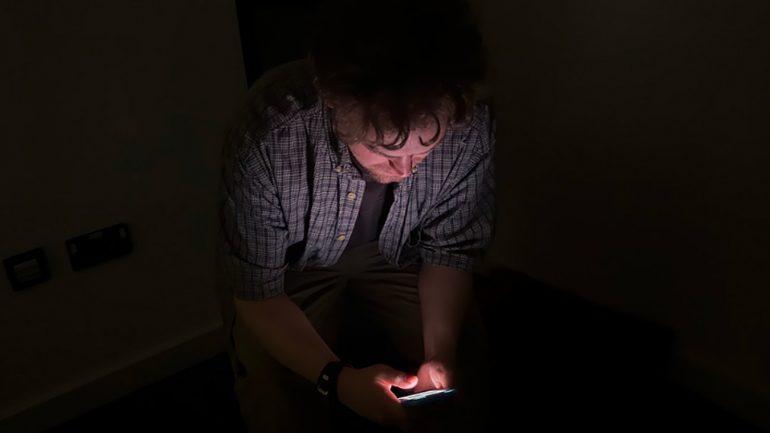The biggest social media critic on the DITCH team explores why people keep putting their thoughts online when no one asked
We (nearly) all post on social media, from climate activist Greta Thunberg’s seemingly selfless tweets about the state of the environment, to renowned troll Lieutenant Colonel Kojak Slaphead III bemoaning after all his hard work tweeting every day to gain thousands of followers (he’s lucky to get even 100 likes per X post). But have you ever stopped to wonder why, even when it gets us into trouble (Kanye West and Gary Lineker being notable examples), we insist on screaming our thoughts into the digital void?
According to the University of Maine, nearly 93% of the world’s internet users have a social media account- that’s five billion people worldwide. With so many people typing and swiping their way across the social mediasphere, there must be benefits to the gnashing and wailing. Right?
Rebecca Fraser-Thill is a lecturer in psychology at Bates College in Maine. She thinks we use social media as a tool for self-reflection, much like we used to keep a diary. In an interview with the BBC, she said, “By doing this documentation, it’s actually the breadcrumbs of our self… Our documentation helps us to understand the threads running through the day-to-day moments, forming what we call our narrative identity.”
This is perhaps not the whole story. It doesn’t explain why, after centuries of keeping our diaries private, all five billion of us suddenly decide that we want to share our innermost selves with the world. The public element of social media must also play a part in our impulse to use these platforms.
According to a study by Florida State University, social engagement was the most influential motivator for people using social media. However, it noted that this changes slightly depending on the specific website. Self-efficacy and reputation are the most prominent reasons people use X. This might explain the often self-important nature of the average X post, such as El*n M*sk’s constant self-reposting.
Not all posts are overtly shouty. Apparently, even the most mundane ‘likes,’ ‘pokes,’ and ‘just ordered a meat feast’ carry a potent and ancient social currency. Danica Radovanovic, a senior associate researcher at the University of Belgrade, thinks that these phatic posts (statements that fulfill no practical function, but do fulfill a social function) are simply to let others know “I’m here too”, she says. She goes on to say that this “nonsense writing,” has the purpose of keeping in contact with others. It reinforces relationships, creating a feeling of intimacy by keeping people constantly connected online.
M*sk must be craving the love more than most, tweeting 68 times a day on average in 2024. According to tech blogger Sasa the Data Guy, who scraped M*sk’s tweeting data and packaged it into handy visuals, most of his tweets are the definition of phatic, with the word ‘yeah’ featuring most prominently. April Danann, businesswoman and food blogger, put it best: “It might be useful to point out, of course, what’s really going on here is a virtual uproar of the plaintive cries of human souls letting the world know how badly they want to be found, recognised and listened to for who they are”, when talking about why people post on X. So maybe, even when he’s proclaiming cave rescuers to be paedophiles, I should have a bit more sympathy for M*sk… and his wailing soul.
So, feeling inspired? Maybe it’s time to DITCH X

